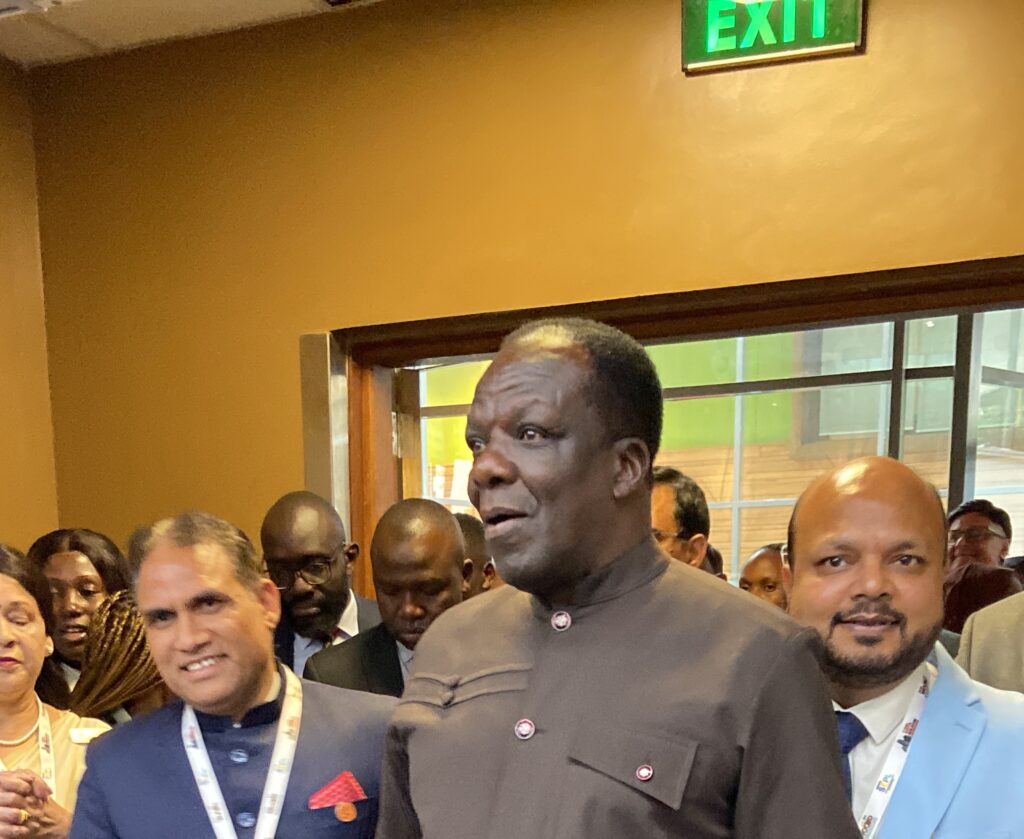Willy Paul calls off celebrities who spread HIV knowingly.
Written by Zenna Issa on January 9, 2024
Yesterday Willy Paul caused a stir online over his post about a certain male celebrity whom the ‘Njiwa’ accused of knowingly spreading HIV to ignorant young women.
The singer posted the disturbing information on his Instastories where he castigated the celeb for his indefensible behaviour.
“You’re a celebrity with HIV and AIDS. You’ve been targeting girls aged 19 to 25 years. You’ve infected innocent girls, some are still not aware. The last one you infected is a sister. You should be in prison boss. You know yourself.
Before going on to warn ladies about being thirsty for greed;
Na nyinyi madem wa club na form shauri yenu. Go get yourselves checked. To the lucky ones, wachaneni na tamaa.”
But what does the law state about a person knowingly spreading HIV to a party uninformed partner?
Although disclosure is voluntary, under Section 14 of the HIV and AIDS Control Act of Kenya, an individual living with HIV who knowingly and recklessly puts another person at risk of contracting the virus is guilty of an offence for which they may be sentenced to up to Sh500,000 in fines, up to ten years in jail, or both.
In 2010, the Kenya High Court overturned section 24 of the HIV/AIDS Act, which made HIV transmission a crime, in a case brought by Aids Law Project, a nonprofit that offers free legal aid in collaboration with the University of Nairobi.
The court found that the section was unconstitutional and infringed upon the rights of individuals living with HIV to privacy and confidentiality.
Despite the law, HIV experts have demonstrated that one of the most important tools for preventing new infections is disclosure.
Positive consequences include making it possible for loved ones to help the infected individual, even though it may have negative impacts on the infected person including stigma and discrimination.
The primary obstacle to accomplishing the targeted intervention of lowering new infections in the HIV response, according to the 2016 Kenya Aids Progress Report, is stigma and prejudice.
According to the report, HIV disclosure is very important in determining the number of new HIV infections.
This is so that both spouses may work together to prevent new infections, particularly those that could affect unborn children when one partner reports their status.
Couples counselling is a valuable technique to improve disclosure between a couple, according to other findings.







 NRG Radio Uganda
NRG Radio Uganda  NRG JAZZ
NRG JAZZ  NRG MIXOLOGY
NRG MIXOLOGY  NRG RnB
NRG RnB  NRG AFROBEATS
NRG AFROBEATS  NRG GOSPEL
NRG GOSPEL  NRG DANCEHALL
NRG DANCEHALL  CHOICE.RADIO
CHOICE.RADIO  NRG HIPHOP
NRG HIPHOP